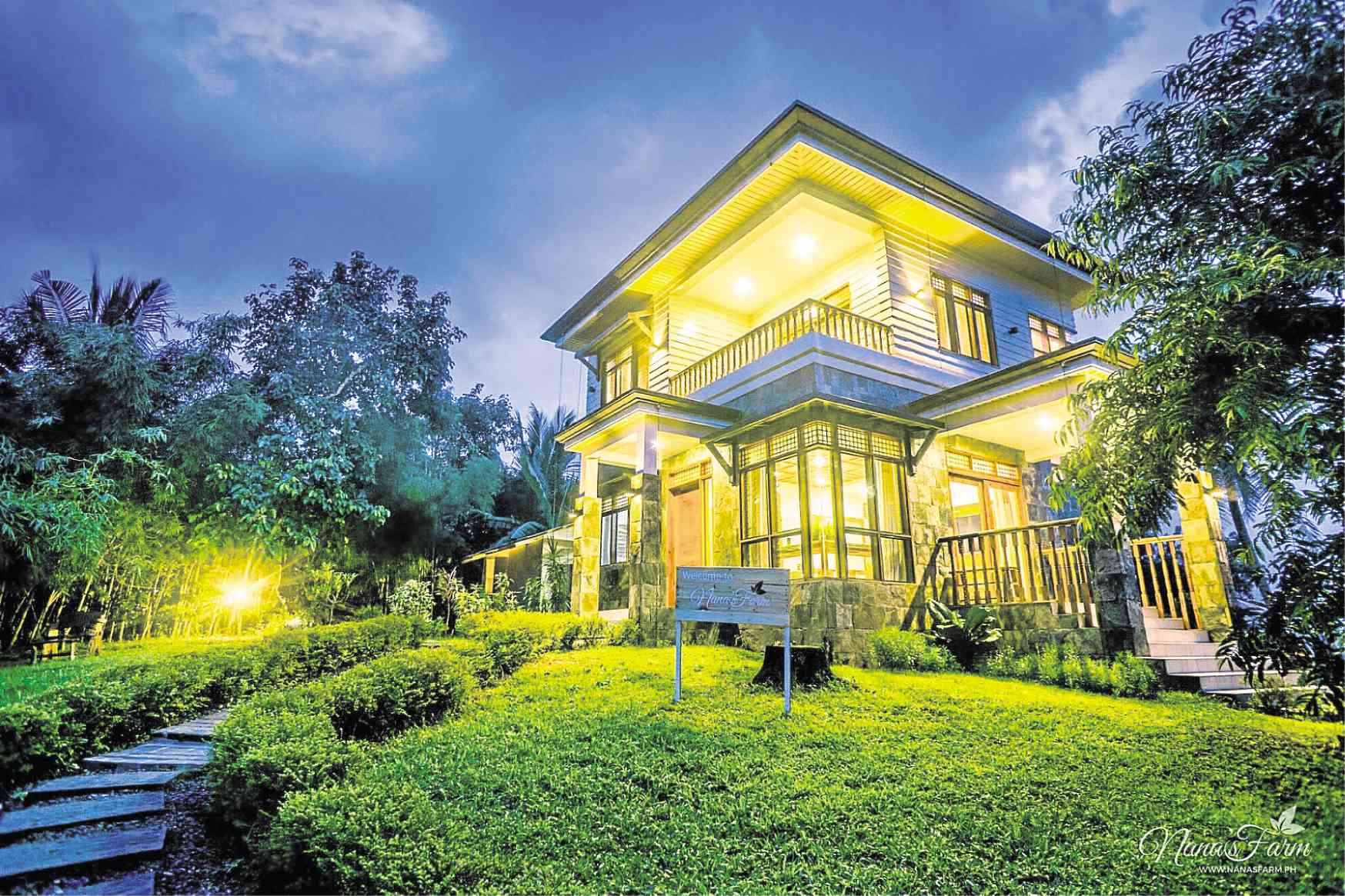How to succeed in the Airbnb market
With national borders being dismantled, transportation modernized and diversified, information technology booming, and more people achieving upward economic mobility, there is growing interest to go out and “see the world.”
Another explanation for the outbound phenomenon is a value shift, whereby focus has moved from the acquisition of material things to the gathering of meaningful experiences.
Filipinos are no exception.
A recent study conducted by Visa Inc. reveals that we rank among the top four travelers in Asia-Pacific. Such trends have exerted pressure on the travel industry to grow and innovate.
Small wonder that the nascent Airbnb industry quickly flourished after its inception in 2009 when airbnb.com was launched.
Airbnb is an online marketplace that lets people lease out their surplus living spaces to visitors in need of temporary lodging. It connects space providers with space users.
On the year of its inception, the facility helped 21,000 travelers find short-term accommodations. More recent figures show clients to have reached six million a year.
Perks
Experienced Airbnb hosts swear by its financial and psychic rewards.
By renting out her two-bedroom condo in Mandaluyong, Alina Calleja earns extra while holding down a full-time job of TV producing, directing and scriptwriting.
Remarkably, the side income has allowed her to travel more frequently abroad, where she made it a point to stay in Airbnb units much like her own.
Mark Bitara, a Fil-Am who, with his sons Andrew and Matthew, manages several Airbnb units in Huntsville, Texas, confirms there’s money in hosting. Not just supplementary income but one big enough to provide a living.
He tells of a family that was able to achieve their home-ownership aspiration through hosting. One-third of his mortgage on the property they recently purchased comes from the Airbnb business.
Nonetheless, for Mark, the No. 1 reward is fellowship with guests, some of whom have become repeat customers and even lifelong friends.
Renzie Baluyut enthuses that “there is nothing more fulfilling than to earn from something you love doing.”
Renzie and his wife left Manila several years ago to settle in their one-acre property in Amadeo, Cavite, where, they run several small businesses.
They are happiest, he says, when entertaining weekend guests in their farmhouse and sharing with them the simple joys of “buhay probinsya.”
Nana’s Farm, as it has come to be known, has been occupied by over 200 visitors.
Dangers and risks
Newcomers to hosting should, however, guard against various risks the business is fraught with.
For one, the competition is keen. This owes to its “low-barrier” nature, that is, as a business comparatively easier to go into than most others. Anyone with room to spare can register with the facility and expect their first visitor in a few days. Thus, hosts are advised to always think ahead and develop something new that will meet market approval, lest they find themselves at the bottom of the heap.
By far the biggest danger in hosting is encountering what are being whispered about as “visitors from hell”—customers who mess up the place, break things or even take them, and misuse facilities.
Fortunately, good visitors outnumber the nasty ones.
Calleja recalls hosting a group that didn’t turn off the air conditioning unit when they went out. Another group stuffed tissue paper into the toilet bowls, which required an expensive visit from a plumber.
Bitara recalls guests who left all doors open while the heater was running. They also plugged their portable heaters and used them to warm themselves outdoors, thus overloading the system and causing power outage.
A female guest once took a fancy on some ornaments and appropriated them for her own. When penalized with a forfeiture of deposit, she retaliated by giving her hosts a “horrible review” in the Airbnb website.
Another risk, Bitara says, is that a visitor could get hurt inside the premises.
Safeguards
There are, however, measures one can take to avoid hosting mishaps.
Be clear about your house rules, Bitara advises. Make sure guests have read and fully understood them before closing the deal.
Establish deposit requirements and strictly enforce them. Deposits will cover you from possible damages and losses.
He warns against doing business outside the Airbnb platform because then “you are no longer covered.”
Be honest when describing your space. “Do not embellish, because guests will eventually find you out.”
Baluyut urges newcomers to set visitor expectations correctly.
“Airbnb is set up in such a way that you can review your guests the same way they can review you,” he adds. “Feel to ask follow-up questions if you need more information.”
Calleja confirms Airbnb has a way of screening and endorsing visitors. “I guess you just have to trust the system.”
One thing sure, she warns, hosting is not for control freaks. One has to be open to surprises, good and bad.
“And that is what makes hosting exciting,” she says. —CONTRIBUTED
For more stories on entrepreneurship, visit the Serdef website at www.serdef.org.


